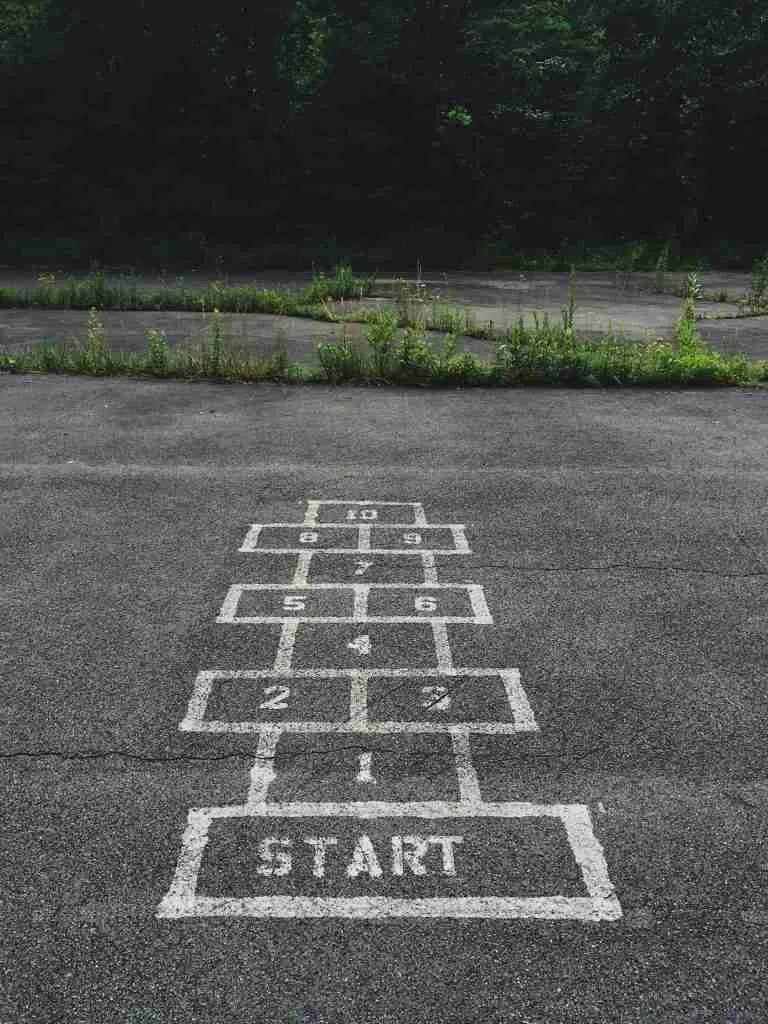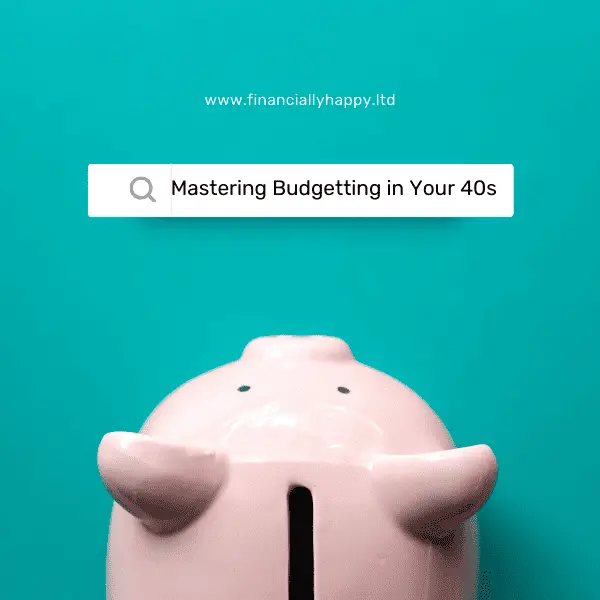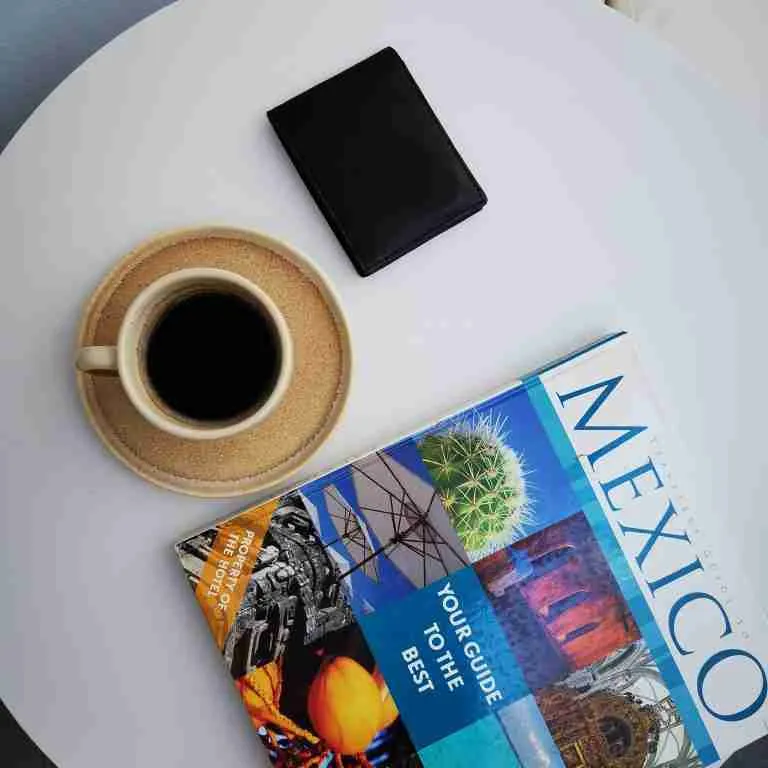Change of career at 40? How to plan for a life or career change.
Can you have a change of career at 40?
Nope, sorry, it’s too late. Too much damage has been done, and you have to stick with your choices now FOREVER.
Only joking; it’s never too late to make a career or life change or something smaller like a pivot.
Depending on how severe you want the change to be might hint at how long it might take or the scale of the action needed.
However, you want to pivot your life; your best bet is to have a plan.
It would help if you had a GAME Plan to make this transition go as smoothly as possible.
This will help you define your goals, consider your Actions, understand what Means you have available or need to create and then Execute the plan.
Read on to hear how you can come up with your GAME Plan.

You need a Goal
Without a clear vision of what a good life look’s like, how will you know which direction to turn?
Any desire for a career change is likely connected to making changes for the better – beyond just more money (although more money might well be nice).
“If you don’t know where you are going, you’ll end up someplace else.”
Here are a few areas where you might have goals or things to aim for.
- Health and fitness (six-pack abbs?)
- Recreation and hobbies (that puzzle isn’t going to make itself)
- Family and Friends (OK, the kids can come to Disney land also)
- Romance and Relationships (this year, they will be mine!)
- Finance and net worth (this time next year, we will be millionaires)
- Career and business (is this the year to launch your side hustle?)
- Personal development (Ukulele fireside sing-alongs?)
- Spiritual goals (is it time for that silent retreat?)
Spending a bit of time trying to figure out what you would like your life to look like at 40 will help you become clearer on which career to move from and to.
Could you find a career that help’s you live your best life? OH, and don’t forget it’s also your ONE life!
Create your own job
The Japanese concept of Ikigai or having a direction or purpose in life might well help you find the best fit for your new career.
Ikigai talks about finding work or a lifestyle that gives a sense of satisfaction, meaning and provides a living.
Could you find work that;
- You love: I know you’re thinking, what! It’s work, of course, I don’t love it.
But maybe you could find something with the right level of challenge and achievement that you enjoyed.
Have there been any jobs in the past or present, parts of careers or jobs you have heard about that you think you might enjoy?
- You are good at If you have reached 40, you are bound to be good at something?
Worked related – the skills and experience you have gained over 20 or more years at work?
Hobbies and interests – things you like doing in your spare time that you can do better than most people?
What are the things that you can do far better than everyone else with ease or with enjoyment?
- People will pay you for – err obviously why would I do it for free?
Yes but, will people pay you for it?
You might be highly skilled at something and love doing it, but no one will pay you for it. So, you probably can’t make a living off it.
If you can’t earn money off it, it will probably create tensions across the rest of your life, requiring you to make money somewhere else.
- The world needs – is it a problem that the world needs help solving?
This means it’s probably a reasonably big problem, i.e., many people around the world have this problem and need help solving it.
This might also indicate the scale of the opportunity regarding how long it might take, the number of potential paying customers and potential income over time.
Once you have sketched out this information, you should sketch out in a short paragraph what your ideal life looks like.
This will be your goals and purpose statement.
What actions do you need to take.
Once you have defined what good looks like, what are your steps to get there?
You could work backwards from the goal, i.e., begin with the end in mind or what the one thing you can do today and every day to get closer to the goal.
A good starting place is what does your current life look like and how is that leading to what you want (or how is it not helping)
What does your current day, week, month, year look like – and where does it look like it taking you?
If one year looks the same as another, it might be time for a significant pivot.
Design your ideal week
Why not design your ideal week
- What time would you get up?
- When would you exercise?
- Which tasks would you work on first?
- How would you balance work and not work-related activities?
- When and how would you relax.
Setting out your ideal week in blocks of time might help you become a lot more efficient and discover you have more time than you thought you had.
Figure out any gaps
How is your current environment leading to where you want to be?
Are there some clear actions you need to take to get you on the right path?
- Get up earlier.
- Go to be earlier.
- Eat better for more emergency.
Are there new skills you need to gain?
- Marketing
- Web design
- Accounting
Are there any people you need to speak to?
- Accountant
- web designers
- Lawyer
- Other business owners
- Friend or family who can support and encourage you
- A coach
Are there things you need to start or stop doing to get you started?
- Dedicating a set time to work on your ideas
- Wasting time
- Watching YouTube
Is there a low-cost way of testing your idea?
- Facebook marketplace or business page
- LinkedIn profile
- Low-cost website
- Getting a coach
Could you get any of the above for free?
- Libraries
- YouTube – only the relevant stuff
- Podcasts
What obstacles and solutions are you going to face?
- Tiredness
- Work-life balance
- Confusion over what to do next
At the end of this, you will have a high-level action plan and ways to overcome your obstacles in pursuit of your goals.
Now you can move to your means.
“When you come to a fork in the road, take it.”

What resources or means do you have or need
Unless you look at what role money will play in achieving your goals, you might have a plan with no means to get you there.
What role will money play in all areas of your life?
- Spiritual
- Emotional
- Physical
- Environmental
It’s not just about amassing as much money as you can but what this money can do for you in pursuit of your goals and ideal life now and in the long term.
Not knowing your numbers will make getting to your goals more difficult, as if you start to drift off, you won’t know until it’s too late.
Knowing your financial start and endpoint helps you to see if you are on track or adjustments are needed.
This is where you need to understand.
- Your current net worth.
- Your income and outgoings.
- Your saving rates
- When work will become optional for you
If more money is needed, what is the best way for you to earn or create it?
This is where a financial or business plan can help you plan out and see where the money will come from and if it’s enough.
A simple profit and loss statement can help you see if or how your income could or needs to change to reach your goals.
A financial plan can help you decide how to deal with any debts, plug leaks and determine what investments are best for you now and in the future.
Execute your plan
Now comes the fun bit.
You have your high-level goal and purpose statement – what you want life to look like
- An action plan defining key actions to take with likely obstacles and corrective actions
- A financial or business plan to figure out your money moves
- An execution plan to get going
Now you need to do what you said you would do.
It could be to get up earlier, spend 1 hour a day studying, setting up that LinkedIn profile and testing your writing skills.
This where you are going to.
- Focus on your goal
- Take actions testing one or more things.
- Get feedback on what works or doesn’t.
- Redesign
- Repeat
Yes, it may be a frustrating process for a few things you don’t know what will work until you find out what doesn’t work.
This is where resistance will appear, putting doubts in your mind and trying to tempt you to go back to where you were, where it was comfortable and risk-free.
It’s your job to push through this resistance to your goals and change your career even at 40!
Summary: Change of career at 40? How to plan for a life or career change.
Goals – what do you want in every area of your life, and how will you know if you have reached it?
Writing this out as a goal or purpose statement will help you head in the right direction in any career change at 40.
Action – what actions are you going to need to take to get you close to your ideal life? They could be practical changes to your week or time use, prioritising or cutting out things that are not getting you closer to your goals.
Obstacles will come in your way; think about how you will overcome them one by one.
Means – what means do you already have and need to create to make this career change as smooth as possible?
Having a financial plan will help lay out what resources you have and need in the short and long term.
A business plan will help you see what income you need to reach your ideal lifestyle asap and where your income might come from.
Execute – start taking actions with the end in mind, review what’s working and what’s not and redesign your actions.
Check-in with a coach or mentor to bounce ideas off.
Anyway, those are some thoughts on a change of career at 40; let me know yours in the comments below.
And if you would like to wot work on building your GAME Plan, find out more here
If you’ve made it this far, congratulations! You’re already taking steps towards a healthier financial future. But maybe you’re feeling a bit overwhelmed. Maybe the of budgeting, saving, and investing still makes you break out in a cold sweat. Don’t worry, you’re not alone, and help is available.
At Financially Happy Money Coaching, I understand money isn’t just about numbers. It’s about emotions, behaviours, and life choices. That’s why we’re here to help you take the stress out of money and build wealth that aligns with your values and lifestyle.
Whether you’re just starting out on your financial journey or you’re looking to take your finances to the next level, we’re here to guide you every step of the way. I’ll help you understand your financial behaviours, set realistic goals, and create a personalized plan to achieve those goals.
So, why wait? Start your journey towards financial happiness today. Remember, the best time to start was yesterday. The second best time is now.
Click here to schedule your consultation and let’s make your money work for you, not vice versa. 💪💰
Remember, financial freedom isn’t a destination; it’s a journey. And every journey is easier when you have a guide. So, let’s embark on this journey together and create a financially happy future. 🚀💸
📚 Financial Freedom Resources
- The Ultimate Guide To Building Your Savings to $100,000! 📘 is a transformative book that equips readers with principles, strategies, and the mindset 🧠 needed to reach a $100,000 savings goal 💰. It’s a journey towards financial freedom 🚀, challenging beliefs 🤔, embracing new habits 🔄, and overcoming obstacles 💪.
- How to Manage Your Finances: Your Guide to Financial Freedom 📘 is a comprehensive resource packed with practical advice on budgeting 💰, investing 📈, reducing debt 💳, and building wealth 💎. It’s an essential guide for anyone, novice or experienced, aiming to take control of their financial future and achieve financial independence 🚀.
Remember, self-study is a powerful tool for life and financial transformation. Happy reading! 🎉









